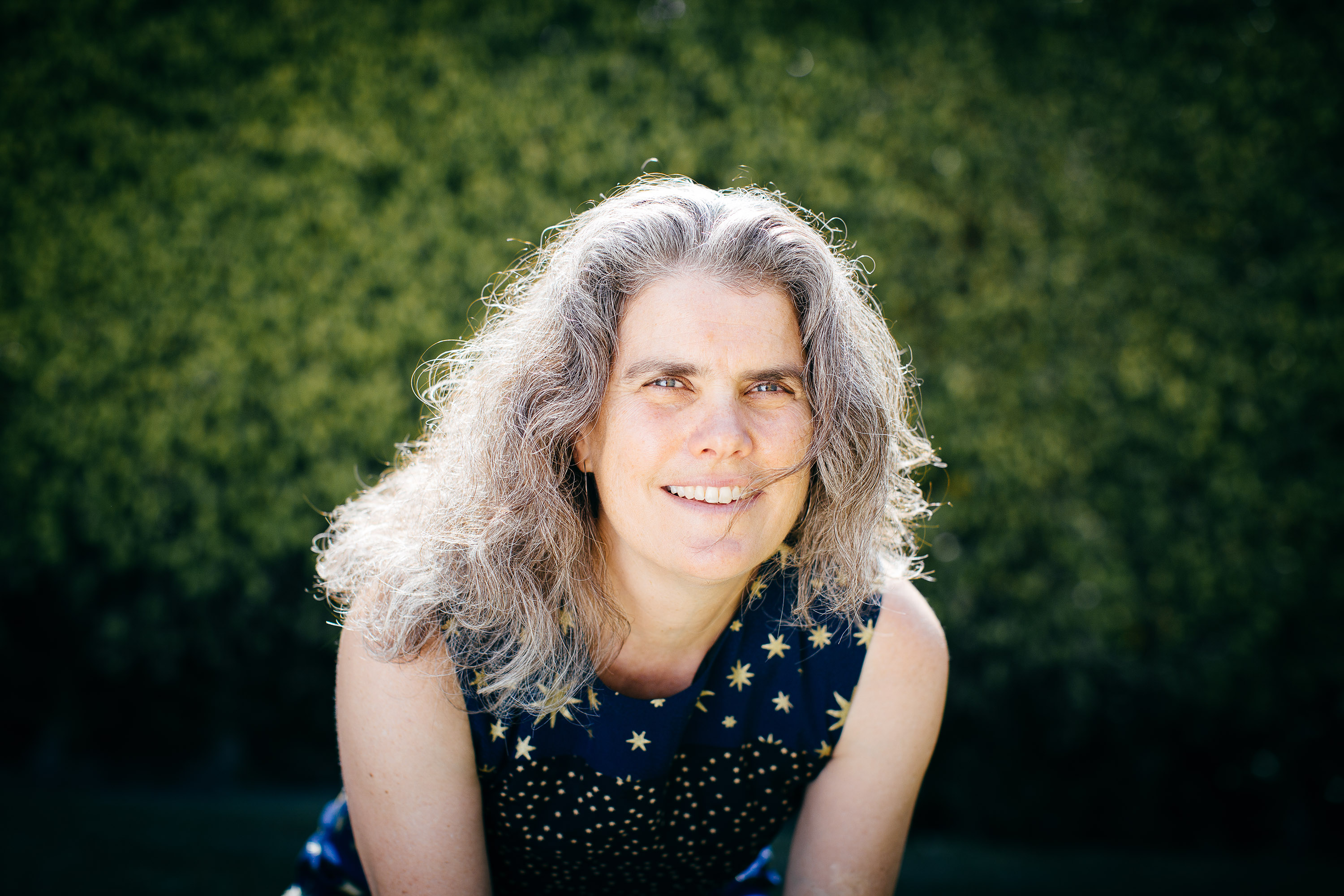Supermassive award

In October, astrophysicist Andrea Ghez ’87 became the fourth woman to win the Nobel Prize in Physics and the 38th in the list of MIT graduates with Nobels to their names.
Ghez, a professor at UCLA, and Reinhard Genzel, a professor emeritus at UC Berkeley, share half the prize for the discovery of a supermassive black hole at the center of the Milky Way.
Using some of the world’s largest and most powerful telescopes, teams led by the two physicists have peered through interstellar gas and dust to study the orbits of stars at the galaxy’s center, revealing that an incredibly massive yet unseen object appears to be pulling on the stars and flinging them around at enormous speeds.
“What Andrea Ghez and Reinhard Genzel did was one of the coolest things ever—revealing stars in the center of our galaxy orbiting a black hole too small to see with a telescope,” says Peter Fisher, head of MIT’s Department of Physics.
“Indeed, we now have understood that these behemoths live at the center of most galaxies,” says Nergis Mavalvala, PhD ’97, a professor of astrophysics and dean of MIT’s School of Science. “All of her career, Andrea has been an awe-inspiring scientist and educator, and a role model for women and girls.”
The other half of the prize was awarded to Roger Penrose, professor emeritus of mathematics at Oxford University, for using ingenious mathematical models to prove that black holes are a direct consequence of Albert Einstein’s general theory of relativity, even though Einstein himself did not believe they could exist.
“I hope I can inspire other young women into the field,” Ghez said at a press conference. “It’s a field that has so many pleasures, and if you are passionate about the science, there’s so much that can be done.”
Keep Reading
Most Popular
Large language models can do jaw-dropping things. But nobody knows exactly why.
And that's a problem. Figuring it out is one of the biggest scientific puzzles of our time and a crucial step towards controlling more powerful future models.
How scientists traced a mysterious covid case back to six toilets
When wastewater surveillance turns into a hunt for a single infected individual, the ethics get tricky.
The problem with plug-in hybrids? Their drivers.
Plug-in hybrids are often sold as a transition to EVs, but new data from Europe shows we’re still underestimating the emissions they produce.
Stay connected
Get the latest updates from
MIT Technology Review
Discover special offers, top stories, upcoming events, and more.